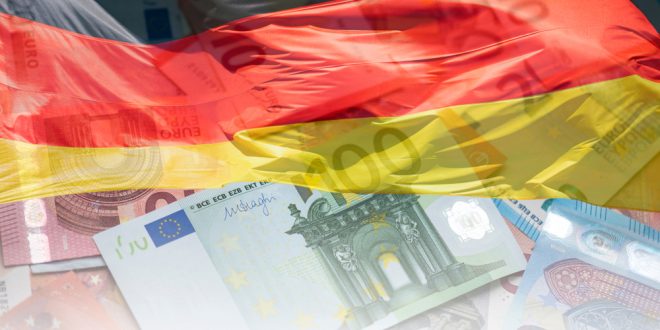The federal statistics agency Destatis released preliminary data, on Monday, showing German consumer prices had hit a 29-year high in November, as soaring energy costs and supply chain bottlenecks weigh on Europe’s top economy.
The year-on-year inflation rate has accelerated for the fifth month in a row now, with a number of factors at play.
The 5.2% surge for November is partially driven by a rise in energy prices, which are 22% higher than they were at this same time last year.
In October, the rate rose to 4.5% year-on-year, with energy prices having shot up 18.6%. However, Destatis said there were several other reasons for inflation rates being especially high since July, 2021.
Inflation is a key indicator for the European Central Bank when it comes to monetary policy. The ECB seeks to keep the annual inflation rate in the Eurozone currency area of 19 countries at 2%, although it is prepared to accept temporary deviations from this.
From the point of view of the bank, the current rise in inflation is temporary. Inflation will have peaked in November, and that it will gradually decline again in the coming year in the direction of our inflation target of 2%,” ECB executive board member Isabel Schnabel told German broadcaster ZDF.
Economists say they expect that the rate of inflation will fall again at the beginning of the coming year, mainly because the sales tax knock on will no longer apply.
The German Council of Economic Experts recently forecast a decline in the inflation rate, to 2.6%, for 2022.

 Noor Trends News, Technical Analysis, Educational Tools and Recommendations
Noor Trends News, Technical Analysis, Educational Tools and Recommendations




